I’ve been debating over the best way to approach this topic for the last week now. In all honesty I’m still not sure this is the best way but I do know that I communicate best through written words and as such, I feel I will provide a better translation via this medium over video.
A few weeks ago it was apparent that I had raised the ire of a few Aromatherapists over my apparent ‘cavalier’ approach to using essential oils internally and my sharing those approaches with you. The trolls were set loose on me.
Rather than go on the defense there and then, I chose to remain quiet and not engage with the comments being left. Being emotionally charged does not allow for clear thinking or tactful handling.
What I decided to do was formulate a detailed outline of what constitutes my own personal opinion and approach to essential oils and yes, ingesting them in my food creations and otherwise.
Before going any deeper please let me reiterate that I am not a qualified health professional of any sort. I am but a layperson, an individual who enjoys public health research and self education. I am simply passionate about personal wellness and continually educate myself through various resources and trainings.
I’ve dabbled in formal training and degrees. I completed a year of a Health Sciences degree at LaTrobe, short courses in Physiology Anatomy at Deakin, a Chemistry Bridging Course at Box Hill College and Remedial Massage at Endeavour College of Natural Health. I never finished any of them though as the University environment proved not to be the right learning space for me.
With that out of the way, onwards we go…….
Let me start by saying that your approach to using essential oils is largely going to reflect your personality. If you are someone who is easy going, playful, open minded, independently minded, learns through trial and error – you are most likely going to be someone who explores internal use of oils.
If you are of a conservative mind, rule and regulation abiding, averse to change or innovation – its likely internal use won’t be for you and your personal approach to using oils may be more hardline than others.
A comment was left on my page by someone who stated “In all my 20 years of formal aromatherapy training, I have never encountered a teacher who has suggested internal use of essential oils”.
To that I have to say, you simply weren’t looking for them. There are plenty of them out there.
Dr Kurt Schnaubelt is the Founder and Scientific Director of the Pacific Institute of Aromatherapy. He holds a Ph.D in Chemistry and has written some of the most remarkable books I’ve ever laid eyes on.
Ayako Berg is the Director of the London School of Aromatherapy in Japan (no longer in operation)
Dr Scott A Johnson is one of the most prolific natural medicine writers and is a Doctor in Naturopathy and Natural Health. His book Evidence Based Essential Oil Therapy is outstanding.
Patricia J Hanks (PJ Hanks) is an Aromatherapist from Seattle
Monika Haas of Original Swiss Aromatics and Pacific Institute of Aromatherapy
Valarie Worwood is one of the worlds leading Aromatherapists and has written numerous exquisite books.
…..these are just a handful of those whose teachings I adore who educate on ingestion.
Each of these trained professionals offer a progressive and open minded perspective of essential oils and deeply appreciate the co-evolution of plants and human beings.
These are my guru’s of the aromatherapy field whose progressive philosophies I resonate with deeply. We would describe them as being adopters of the French Model of Aromatherapy.
Each of them advocate for a style of aromatherapy that empowers the individual, the layperson like you and me to utilise essential oils daily in simple and effective ways which includes using them internally if needed.
They desire for each of us to be brought back into balance with how we once were and have evolved to be and that’s living together very closely with plant metabolites aka. Essential oils.
Interestingly Dr Schnaubelt perceives the untrained layperson as being key to the progression of the field of aromatherapy.
Why? Because we are more likely to experiment and play with our oils. Through nothing more than innocent curiosity, we stumble across different techniques and combinations that the qualified may never have thought to try. How interesting…..
When I share the information that I do, it’s drawing upon these amazing influencers who appeal to my values, beliefs and personality. Their approaches to essential oils may not resonate with you and that’s just fine. There are plenty of other teachers in the field for you.
“A wiser insight may be to observe that we receive the medical treatments that match our beliefs” – Paul Pitchford
There are many different schools of thought when it comes to aromatherapy and this creates something of a Culture War where beliefs clash and some fight to be heard and seen as the dominant and ‘right’ position.
Dr Schnaubelt sees no reason why an individual like you or me with no formal training cannot competently manage their own body’s needs with some basic information under their belt and a healthy dose of common sense.
In his words “the pointless mantra about supervision by a licensed professional illustrates the eager subordination of those to the conventional system of medicine. The conventional system is seen as the gold standard where everything is always safe. This mantra sees people pointlessly scared away from using a powerful solution and it’s important we stop perpetuating imaginary dangers”.
He sees the “British model of aromatherapy long on authoritative attitude and short on actual insight”….. Ouch. Unfortunately the run in’s I’ve had with those entrenched in the British style have reinforced this notion for me.
The idea of teaching people how to live an ‘aromatherapy lifestyle’ where oils are used each and every day for personal wellness is very scary to the British school of thought adopters because with this model, authority is no longer needed. We are self managed and self sufficient in tending our needs.
Being a rebel at heart….I resonate with Dr Schnaubelt’s sentiment.
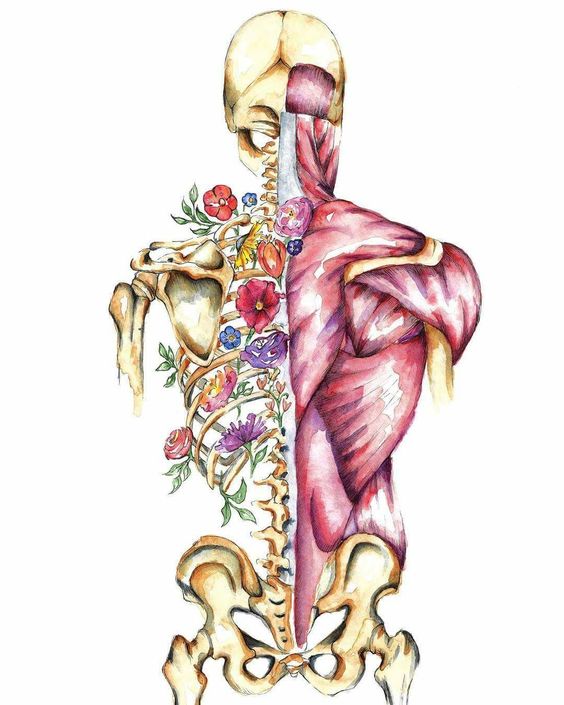
Using essential oils outside the realm of therapeutic intervention is really very valuable because it allows the curious layperson (that’s you and me) to develop a feel for essential oils. There is no substitute for cultivating an understanding of the way our body works with nature.
Our relative sense of safety when using essential oils comes from knowing how to use and apply them without feeling threatened by others whilst doing so. We learn the effects of an oil through a little experiment. An oil might be more stimulating or irritating than hoped but we can choose to perceive these responses as a renewed physiological bond with nature rather than being scared off by them. Through trial and error we learn what our body likes and doesn’t.
“Personal experience is the best insurance for a degree of calm to steer clear of panic or paranoia”.
Of course there is no guarantee that a reaction or sensitivity will not occur. Our individual biology varies from person to person for a start. What works comfortably for one person may elicit an unpleasant response in another. It’s just nature. The only way one figures that out is to try it.
It has nothing to do with whether the oil is from an MLM company or even whether gross misuse was at play which of course at times it definitely is which is where common sense and basic safety parameters are needed for all.
When reading the 2018 Injury Reports Database organised by the Atlantic Institute of Aromatherapy and Aromatherapy United, it is clear that gross misuse is evident in many of the cases where a reaction has occurred from ingesting.
Of the 54 injury reports submitted, 28 were due to ingesting oils from various brands. Let’s just take a breather here and remember that in doTerra alone, there are over 7 million active oil users. Young Living has another 4 million. Who knows how many millions of other oil users there are out there. The point I’m making is that 54 injury reports is a minuscule number yet these reports are sensationalised in the media. It’s important to stress here that to date, there has not been a single death related to using essential oils. Yet medical intervention is the third leading cause of death in the Unites States. 106,00 deaths a year are from non-error, adverse effects of medication.
I am in no way denying that reactions to consuming oils do not occur.
It is upsetting to hear that some people have experienced a reaction and obviously it would be better to see that number at zero however I honestly don’t think that is possible because of well…….nature.
I do believe we can dramatically reduce this number however simply through education alone:
– Making sure that customers understand that drinking a hot oil such as Oregano or Clove in water is likely going to irritate and burn the oesophagus and membranes in the oral cavity.
– Ensuring that no more than 1-2 drops maximum is used at a time, not 5 -15 drops multiple times a day.
– Ensuring that the antimicrobial oils are not used continuously for extended periods of time or as daily preventatives.
– Understanding that not all oils can be ingested. Only GRAS (Generally Regarded As Safe) certified oils are ever used internally. Some essential oils can be toxic if ingested.
– Avoid internal use for children and keep them out of reach from small hands if not supervised.
– Encouraging independent due diligence as to relevant contraindications.
– Never using an oil of questionable quality.
It goes without saying that all of the Aromatherapy Teachers I have mentioned above stress the importance of using only authentic, pure and whole essential oils.
An ocean of processed oils lies between the seeker and a minute quantity of truly authentic oils. The Aromatic Plant Research Center (APRC) in recent times conducted tests on over 50 different essential oil brands. 80% of them were found to contain adulterated oils. doTerra was amongst those brands deemed authentic in each example and one of the few who provides batch test results for every single oil.
The likelihood of a reaction occurring with an authentic oil is really very small. When our body encounters an authentic oil, it’s encountering something it has known since homo-sapiens were first born.
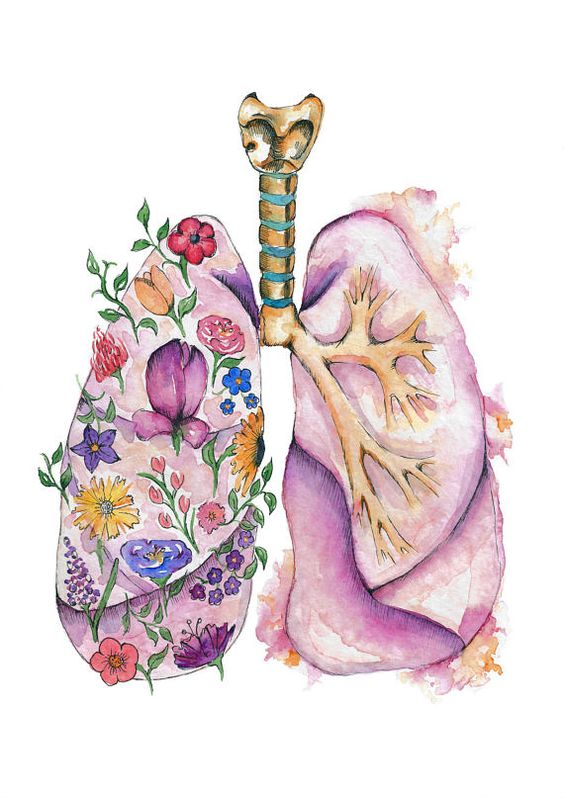
Let’s get stuck into some really cool evolutionary information now…..
Human survival is completely dependant on plants. Humans are dependant upon intake and digestion of organic matter. Essential oils are part and parcel of living with nature.
Plant – human interactions have existed since time immemorial. Plant metabolites (essential oils) have been around for at least as long as the plants that make them. This puts essential oils from Conifers and Pine trees at 300 million years old and the components of every other plant at around 100 million years.
Mammalians (us humans) have had this entire frame of time to become adjusted to and interact with the molecules of the plant world which is some 800,000 years if you concur with the legend that is Graham Hancock
In contrast….. the supposedly much safer pharmaceuticals are generally no older than 50 years. On an evolutionary scale, synthetic drugs do not even register.
Originally in those early evolutionary periods, those plant metabolites were pretty much toxic to us but overtime, we adjusted by developing enzymes that were capable of processing them and eliminating them safely. Let me say that another way.
Essential oils are among the native agents responsible for the development of the liver detoxification enzymes we possess today and our ability to remove foreign substances of all kinds from the body. Their creation was triggered by our coexistence with and eating of plant matter.
Our liver enzymes are referred to as CYP’s. They are our defense line against harmful foreign substances such as environmental pollutants, industrialised foods, medications and other chemicals.
The fact that we have liver enzymes which have evolved from the need to remove essential oils from the body which were previously seen as foreign invaders by our body, explains why real toxicity is rarely observed.
I really appreciate this rationale and evolutionary approach to the safety of ingesting oils. The fact we’ve been eating plant matter and therefore plant metabolites for millions of years to me, speaks volumes as to how our body interacts with the real deal, authentic, unadulterated essential oils.
Let me wrap up this section with this stunning conclusion from Dr Schnaubelt’s book The Healing Intelligence of Essential Oils – “Indeed, the frequent use of essential oils in itself brings back plant secondary metabolites (essential oils) that had been exorcised by our turn towards synthetic foods. Reintroducing those secondary metabolites with which the human organism has an intimate relation and that have been present in life forever, dramatically improves the odds for healthy living. It reduces opportunistic illnesses and perhaps even more importantly, maintains a balanced autonomic nervous system which may prevent or delay the onset of more serious metabolic or degenerative diseases.”
It is rather ironic to think that our bodies would not be able to remove pharmaceuticals from our system were it not for the enzymes which evolved from consuming plant metabolites.
An argument was put forward by someone on my facebook page which claimed that “essential oils accumulate in our tissues, this leads to gradual and long term toxicity”.
I’ve had a hard time finding much material that supports this, apart from:
– Research which shows that limonene (a compound found in citrus oils) definitely does accumulates in our adipose (fatty) tissue. Far from having a detrimental effect, it actually was found to have strong protective qualities for the tissues where it is present.
– Research which indicates that sesquiterpenes may accumulate in tissue and contribute to cellular turnover or apoptosis which is again, a positive response.
Our body is designed to eliminate essential oils safely but we do have to remember that every oil has a metabolic processing time and different methods of application result in different processing times.
If we use an essential oil in too large a quantity, too frequently it’s likely there may be a ‘backlog’ in the processing time for that essential oil to be removed from our body. In short, we are overwhelming the body’s detoxification channels.
There is an abundance of research available which indicates many essential oils have protective properties for the liver however it’s evident that small doses are protective vs larger doses are damaging.
Remember that it’s the dose that makes the poison.
Drink a 15ml bottle of pretty much any essential oil and you’re not going to feel very good. Eat 20 Nurofen or Tylenol and you have a good chance of liver failure.
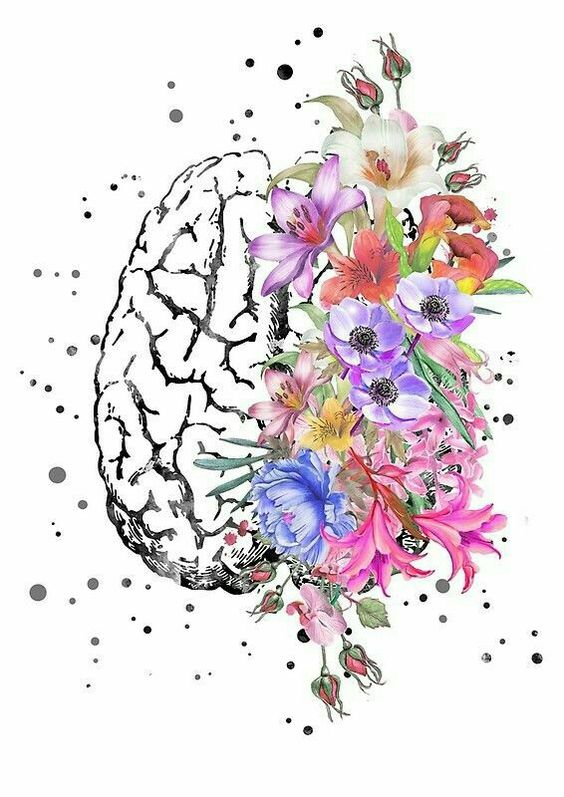
Lastly we come to the impact of internal use on our gastric mucosa. There are many that claim essential oils damage the lining of our digestive tract irreparably.
Whilst we know that hot oils such as oregano and cinnamon can certainly irritate the mucus membranes and esophagus if used without a carrier again, there is an abundance of research indicating that essential oils are gastro-protective and even promote healing of irritated and inflamed tissues when used in dose dependant, safe quantities.
Studies suggest that essential oils stimulate production of mucus which affords their protective qualities and at this point in time there is no evidence of a damaging effect on gut flora either.
It is highly unlikely, given the global food industry is the largest consumer of essential oils, that damage will be caused by consuming an essential oil in food or other methods as long as they are used responsibly and in appropriate amounts.
Yes I understand that deterpenated (oils that have had their terpenes removed) are used by most Big Food companies but it’s not all inclusive and there are plenty of food manufacturers that use the whole oil without issue.
Given essential oils are fat loving compounds, it makes sense that we would explore using them to flavour our food particularly raw food creations which keep the essential oil intact whilst providing a carrier to protect sensitive membranes.
My personal experience has been that after six years of using essential oils in my kitchen, my liver counts are perfect, my glutathione levels are tip top for my age, my kidneys are extremely happy and my gut is in perfect working order. I feel great so I will continue to use them creatively in this way.
Let’s also not forget that there are MANY essential oils approved by the TGA (Therapeutic Goods Administrator) for internal use in supplement form. Products which contain TGA approved essential oils include DDR Prime, Lifelong Vitality Supplements and Copaiba Softgels.
The TGA are there to safeguard public health, we can assume they have done their background checks.
With all this said and done, at the end of the day it all comes back to what culture you align with and personal opinion.
Only you can weigh up the benefits against the possible risks for yourself which is what I have done to arrive at my conclusion and therefore, relative sense of safety when consuming essential oils.
My hope is that by presenting this information, it may help others out there formulate your own opinion instead of one made with fear. Maybe my words don’t make any sense to your better judgement at all and that’s ok.
Rather than concerning yourself with trying to convince me otherwise, save your breathe and just don’t follow along with my page or blog as we clearly don’t share the same views. You stay in your lane and I’ll stay in mine.
For everybody else – remember that it’s what is right for you so take the time to explore, without the fear of others, what that looks and feels like.
x Bec

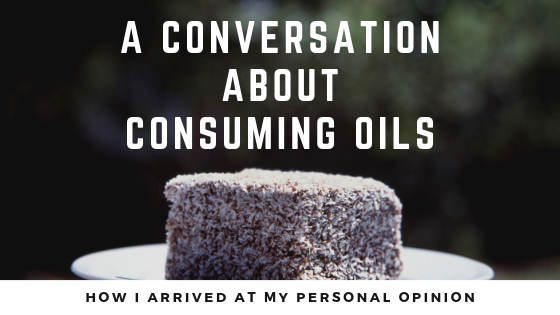

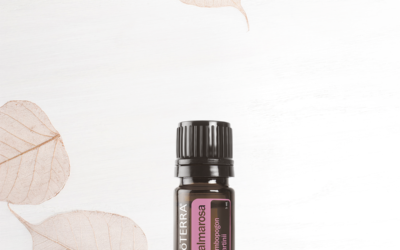

0 Comments